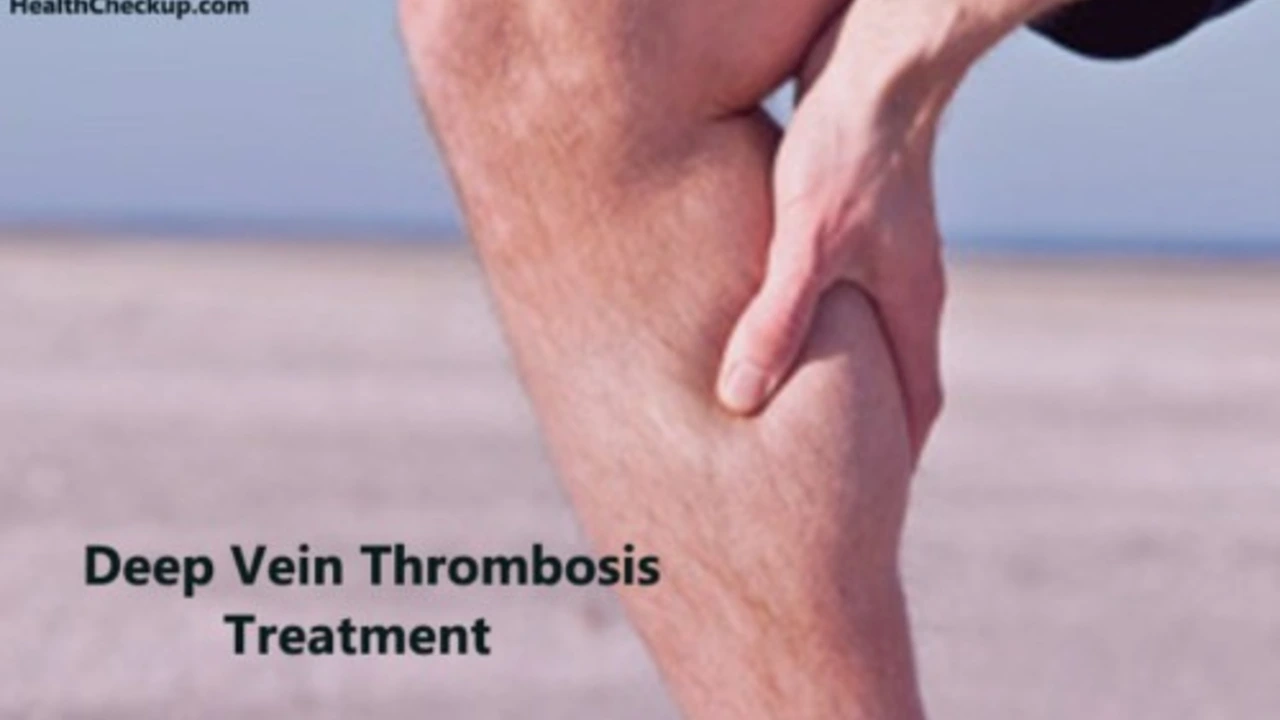DVT support groups: where to get real help after a blood clot
Having deep vein thrombosis (DVT) can feel scary and lonely. A support group gives you practical tips, answers from people who have been there, and a place to ask the questions you might not want to ask your doctor. This page helps you find the right group, shows what to expect, and gives simple tips to stay safe and get the most out of peer support.
Where to find DVT support groups
Start local: many hospitals and anticoagulation clinics run in-person support or education sessions. Ask your doctor or pharmacist — they often know local groups. National organizations run reliable online options: in the US, check the National Blood Clot Alliance (NBCA); in the UK, Thrombosis UK is a strong resource. These groups often list meetups, webinars, and phone support.
Online communities are easy to join. Facebook has private groups for people with DVT and long-term anticoagulation. Reddit hosts topic threads where members share experiences and tips. Look for groups that require admin approval or have clear rules — that helps keep the group safe and focused.
How to pick a good group and practical tips
Pick a group that matches your needs. Want medical detail? Look for groups with healthcare professionals or links to vetted resources. Want emotional support? Smaller groups with regular members can feel more personal. Check how active the group is: recent posts, replies, and regular moderators are good signs.
Protect your privacy: use a nickname if you don’t want your full name out there. Don’t share sensitive medical records or personal ID info. If someone gives medical advice that sounds risky (stop meds suddenly, try unproven treatments), pause and verify with your healthcare provider before you act.
Ask useful questions when you join: what anticoagulant are people using, how did they manage side effects, how long were they on treatment, and what follow-up tests helped them feel safer? Specific questions get better answers than vague ones.
Use support groups for practical help: tips for managing bruising, travel advice when on blood thinners, compression stocking recommendations, and questions to bring to your next clinic visit. Members often share clinic names, helpful handouts, and experienced pharmacists or doctors they've found trustworthy.
Watch for red flags: repeated promotion of products, pressure to buy supplements, or medical claims that sound too good to be true. Good groups discourage replacing professional care with crowd advice and encourage checking with doctors for treatment changes.
Finally, consider starting small. Lurk for a week or two to read posts and see the tone. When you post, keep it focused and specific. Many people say they felt less anxious and better informed after joining one active, well-moderated group.
If you need immediate medical help (sudden chest pain, trouble breathing, or new, severe leg pain/swelling), skip the group and call emergency services or your doctor right away. Support groups are a great companion to medical care, not a substitute.
DVT Support Groups: Finding Help and Encouragement

As a guy who's been through the journey of dealing with deep vein thrombosis (DVT), I'd like to express how important support groups have been for me. This article roams around the invaluable role of DVT support groups in providing help and encouragement. I'll share some heartening stories, advice, and resources to assist those in the same boat. Being part of a supportive community has truly given me strength throughout my health journey. So, dive into this read and find the boost you need in battling DVT.
